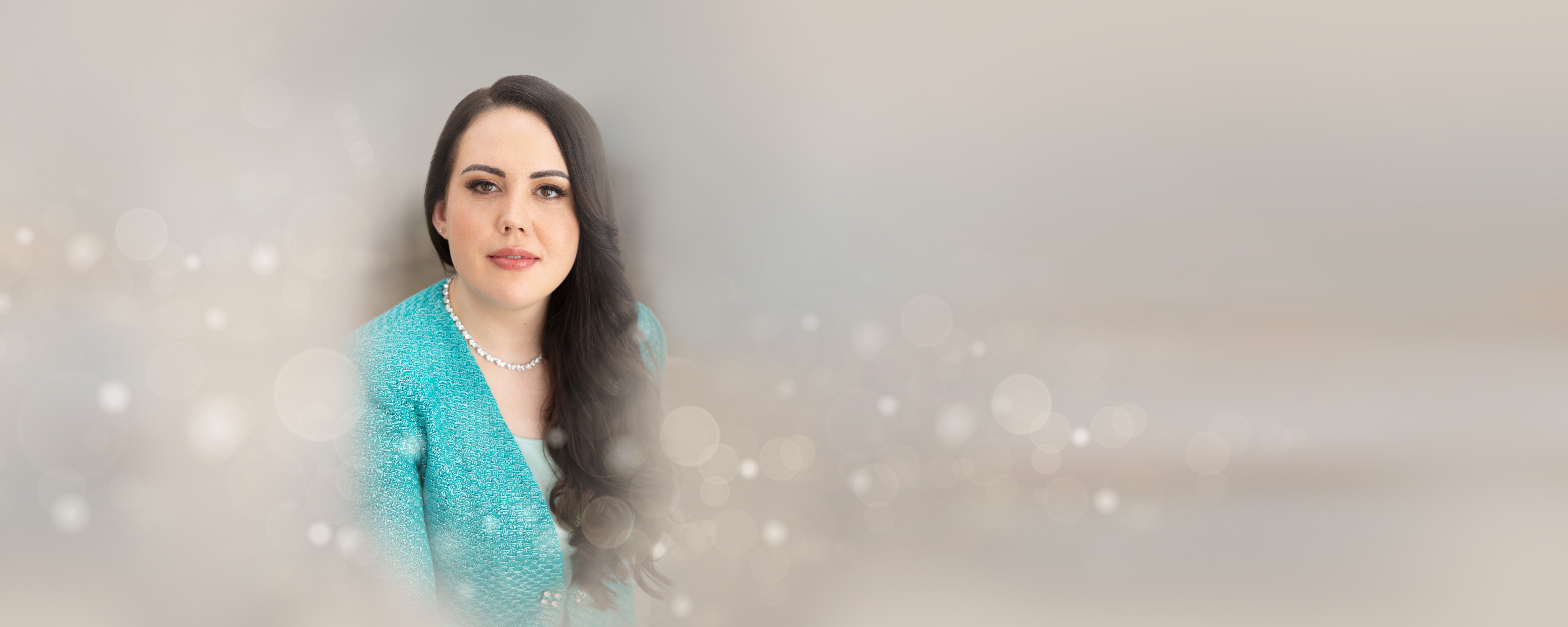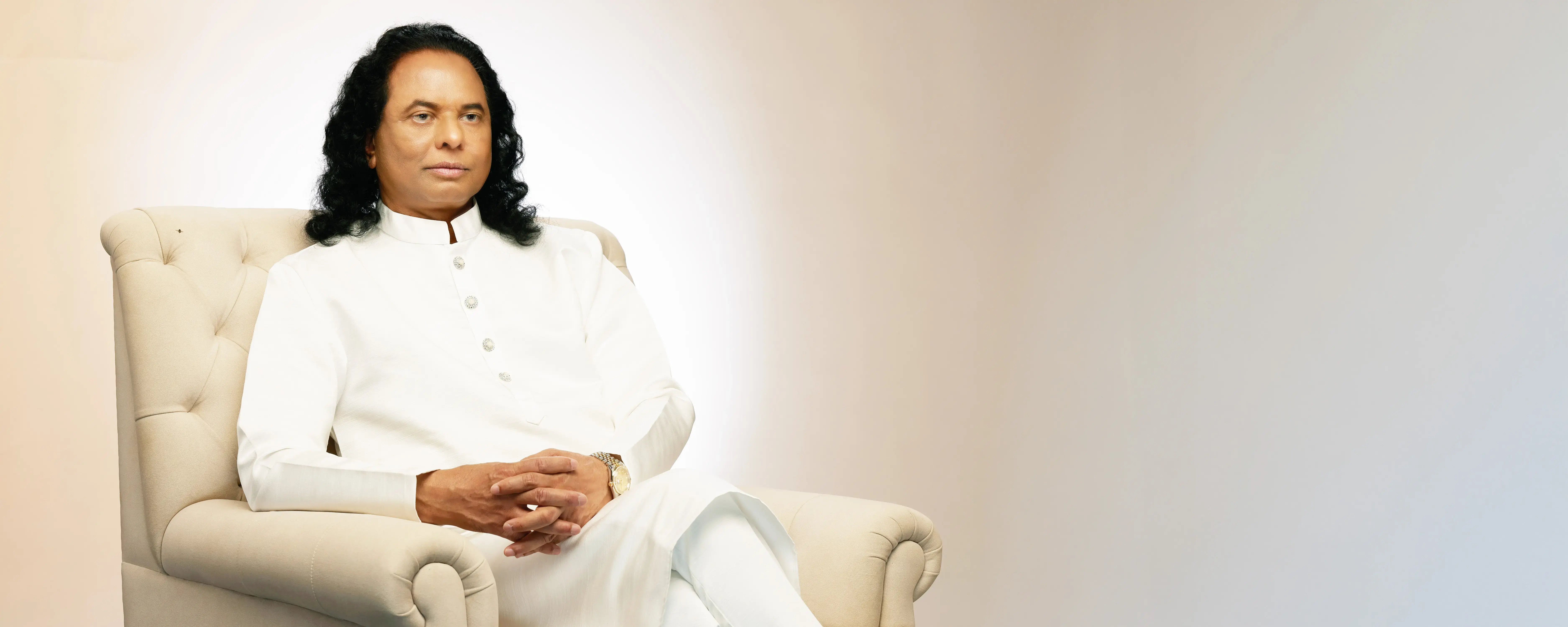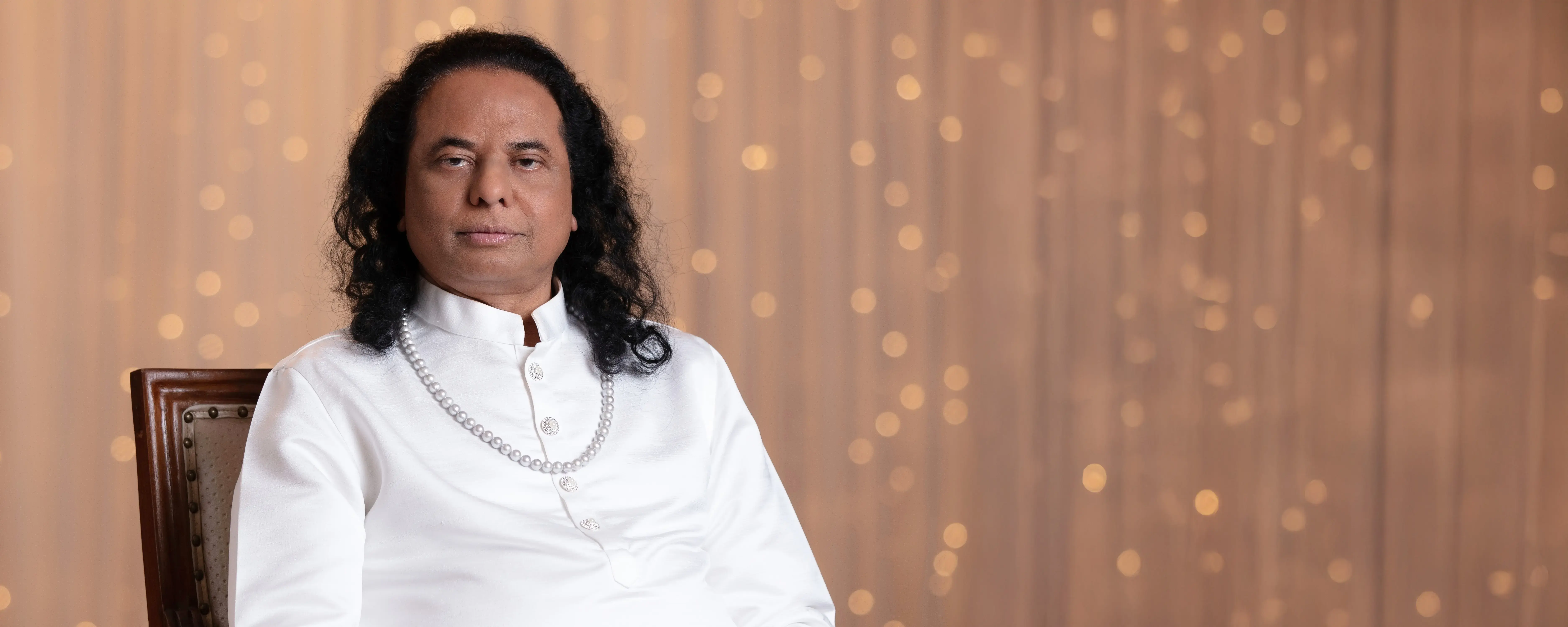The Immersion into Truth – Uniting Science, Religion and Art for the Ultimate Human Experience
The Immersion into Truth – Uniting Science, Religion and Art for the Ultimate Human Experience
The search for truth is universal and constant. It has three inseparable pillars – science, religion, and art:
- Science is the search and discovery of truth,
- Religion is the immersion into truth, and
- Art is the expression of truth.

In a world where science, religion, and art are seen as separate entities, the disconnect is a big contributor to the sense of purposelessness, despair, and unfulfilled potential that plagues modern society, thus accelerating the prevalence of mental health issues.
The integration of science and religion, previously seen as unnecessary, is only inevitable.
Science, in its pure form, is a relentless pursuit of truth, aiming to understand the world and improve our lives. Science has endured without necessarily embracing religion or God, and at times, even by rejecting them. This endurance persists because the ultimate goal of science is to explore and uncover the fundamental principles governing our enigmatic universe.
Yet, while its strides have brought comfort to our physical states, it is missing the depth of human existence. We live in an era where we can quantify most things but can’t measure love, emotions, caring, etc. – elements integral to human existence and well-being. The healthcare system, for example, focuses on managing symptoms rather than solutions, highlighting the need for an integrative approach. Communities are dying as boredom, loneliness, worthlessness, and meaninglessness prevail.
However, as advancements in science continue to unfold, it fails to address the complexity of life, the quest for meaning leading to a growing realization that science alone cannot provide all the answers. People are realizing that mere knowledge of the truth is not enough; they yearn to be aligned with the truth for a fulfilling life.
Religion is the experience and adoption of truth.
Religion steps into this existential void. It is the embodiment and acceptance of truth, the pursuit of unity with the grand design of God. To the discontented modern human, it aims to provide a path to deeper satisfaction – to ‘Be the Love,’ ‘Be the Wealth,’ and ‘Be the Truth.’
However, religion today – primarily faith-based, ritual-laden, dogmatic, and established before the advent of science – often stokes division, dogma, and superstition, blurring its true essence. As society evolves, faith-based religions are being challenged to become fact-based and scientific, to stay relevant or perish. The rise of a fact-based, science-backed religion could usher in a new era of a deeper understanding of oneself and the world, true well-being and ultimately, experiencing the glory of the Divine.
In the words of the legendary Albert Einstein, “Science without religion is lame, religion without science is blind.”
Art is the expression of emittance of truth.
Art plays a vital role in this interplay between science and religion. It is an overflow of religious experience, a channel to express the depth of the truth. As human beings, we crave not just understanding the truth but also expressing it. Real art, born from a deep connection with the Divine, has the unique ability to convey deep experiences and emotions, allowing truth to be expressed in various forms. Art fundamentally represents expressions of satisfaction, happiness, and gratitude toward the Divine.
Most of today’s art is predominantly stimulatory, focused on materialistic desires, offering fleeting sensory excitement rather than fulfillment. On the contrary, real art stems from a place of gratitude and fulfillment, with the power to impact not only individuals but also the environment, and allows the presence of the Divine to flow through every aspect of life.
When a person embraces truth, their entire existence becomes an artistic expression. Art transcends traditional activities like singing, dancing, or painting; it encompasses everyday actions—walking, talking, eating, working – where one’s mere presence impacts the environment, delighting those of heightened consciousness.
A true artist, fueled by Divine Grace, produces authentic art effortlessly. Whether through song, dance, music, poetry, sculpture, or painting, their creations resonate. Conversely, stimulatory artists who labor with effort, time, energy, and money fail to evoke genuine pleasure in the environment or nature; their work merely stimulates excitement.
The majority of stimulatory artists function as skilled technicians, versed in techniques, tricks, and tactics for constructing art. In contrast, genuine artists are creators, channeling the Divine effortlessly. Consider nature’s trees and plants—they bear fruit without conscious thought or technical knowledge.
Technical, stimulatory artists operate from the brain, while true artists express from the heart and soul.
True art emerges when humans become conduits for the Divine. Until you shed ego and arrogance, your optimal potential merely allows for constructing aspects of your life—outcomes that may yield either excitement or frustration. However, the day you liberate yourself from ego, the Divine begins to flow through you. Eventually, this Divine expression manifests as fulfilling, pleasurable art, bringing ecstasy and happiness.
Why does this matter?
Truth deepens with our experiences with the matter of time, but it deepens thousands of times when it is expressed into nature for the benefit of humanity, because in the world it is only truth that can increase with its expression and come back multifold.
Science is the first step of truth; Religion is the second step and Art is the final step of truth.
The birth of true art or the best expression of the soul happens when Divine Grace flows and expresses itself through an individual without any blockages and suppression. It isn’t about forcefully shaping a stone into an idol but removing excess stone to reveal the hidden idol within. It’s about allowing one’s true nature – the hidden idol – to emerge, to find purpose, fulfillment, and ultimately happiness.
We would like to understand the truth, then adopt the truth and finally express the truth in the world.
In history, religion preceded art and, ultimately, science. During any era of humanity, if religion takes precedence over science, it tends to be non-scientific, steeped in superstitions, rituals, and dogma. Today, various religions exist worldwide, established either before or independently of scientific understanding. Consequently, these faith-based religions are full of superstitions, rituals, and dogma. Individuals who adhere to religious superstitions, rituals, and dogma are commonly referred to as ‘religious.’ However, in the 21st century, many from the younger generation reject antiquated and dogmatic faith-based practices.
The day science, spirituality and religion are integrated, they will become fact-based, and multiple religions as well as spiritual traditions will converge into a single scientific and evidence-based religion.
The natural instinct or human nature is to enjoy the fulfillment and that fulfillment is impossible without the adoption of truth in their lives.
As society progresses, the understanding of the interplay between science, religion, and art is evolving. The new generation has the potential to be more religious, however on the condition that they experience God’s Grace in their lives rather than adhere to superstitions and rituals.
This is the true purpose of religion – to inspire people to revel in the Glory of God.
The Role of the Unconscious, Conscious and Subconscious Mind
Divine ConnectionWhat is the Mind?
Divine ConnectionDIVINE ENERGY IS WITHOUT LOSS OR DECAY
Divine ConnectionDiscovery and acceptance of the Big Bang, Dark Matter and Dark Energy
Divine ConnectionThe Power of Empathy: A Pathway to Oneness and Higher Consciousness
Divine ConnectionBox 370
Southlake, TX 76092

21468-2%20copy.jpg)



